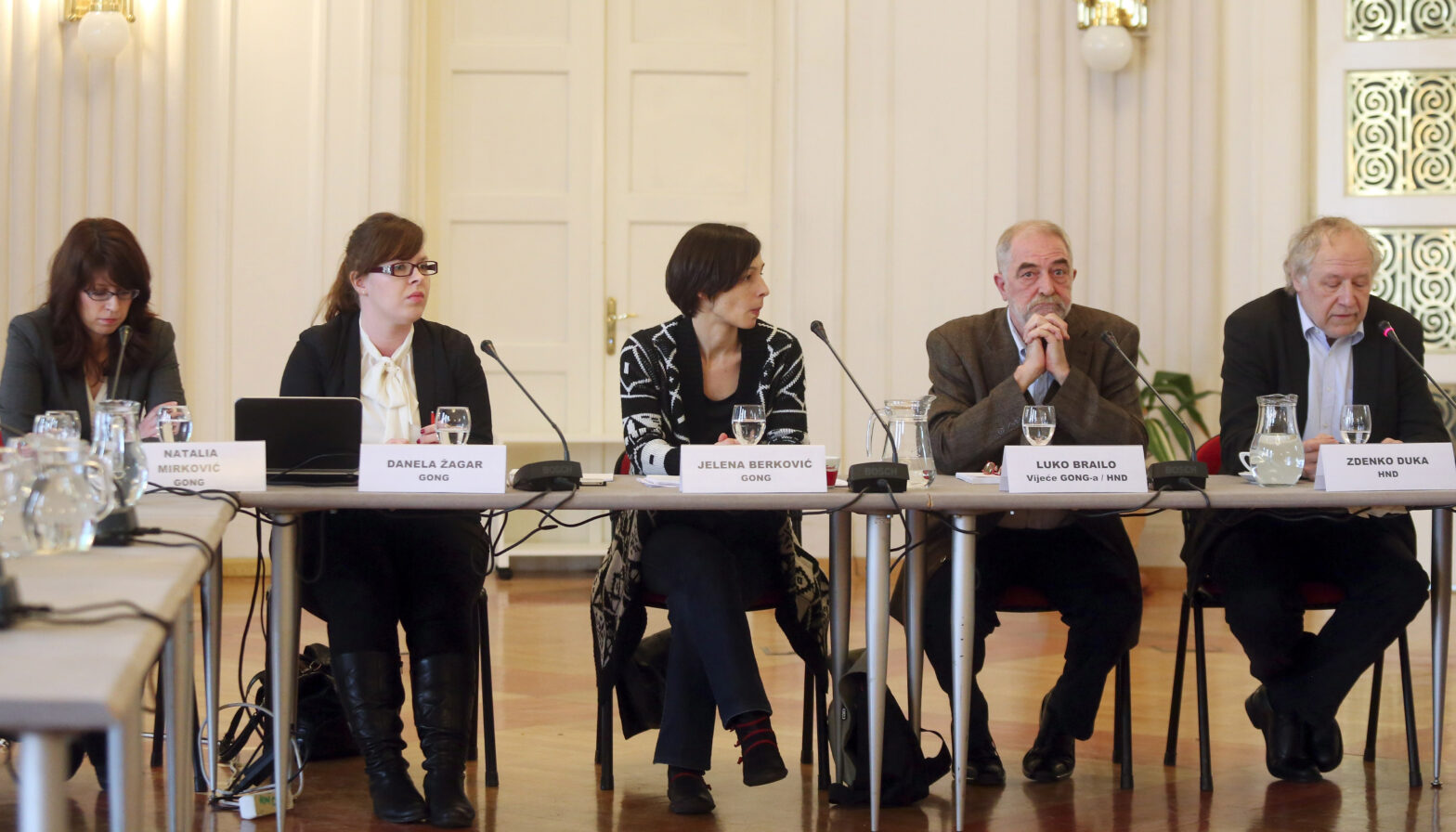The ownership structure of Croatia’s radio industry should be more pluralistic, the private ownership should prevail with maximum transparency and honouring a good regulatory framework, a round table discussion said in Zagreb on Thursday. The discussion was held to mark World Radio Day, observed on 13 February.
During the discussion, the results of a study on pluralism and media ownership in Croatia, with emphasis on the local radio market, were presented. The study revealed a trend in Croatia of creating networks among radio broadcasters on the rather fragmented radio market. This started as a profitable model for attracting big companies to advertise themselves on such networks.
According to the study, out of 103 private local radio broadcasters, 32 are owned by only eight people.
“This means that those eight people are in the ownership structure of one third of the total private radio market in Croatia,” said Danela Zagar, an expert with the nongovernmental organisation GONG.
In 2012, the total value of advertising at public and private radio stations was EUR 21 million, with shopping centres, car companies and telecoms being the most frequent topics of those advertisements.
Apart from the Croatian Radio public broadcaster with three national channels, in 2012 there were 151 radio broadcasters registered in the country.
The private ownership prevails (68%), while 39 radio stations are majority-owned by local government units and five are fully owned by local authorities.
According to Zagar, the register of the Electronic Media Agency offers enough information about the formal owners, but there has been no data on real owners holding sway over the radio stations.
